OPPOSITIONAL
DEFIANT &
DISRUPTIVE
CHILDREN AND
ADOLESCENTS
Non-Medication Approaches for the
Most Challenging ODD Behaviors
by Scott Walls
Copyright 2016 by Scott Walls MA, LIPC, CCMHC
Published by
PESI Publishing & Media
PESI, Inc
3839 White Ave
Eau Claire, WI 54703
Cover: Amy Rubenzer
Editing: Marrietta Whittlesey
Layout: Bookmasters & Amy Rubenzer
ISBN: 9781559570367
All rights reserved.
Printed in the United States of America.
TABLE OF CONTENTS
ABOUT THE AUTHOR
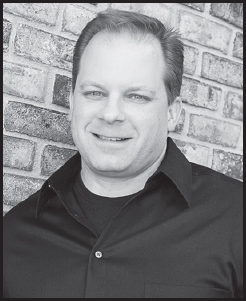
Scott Walls, MA, LIPC, CCMHC, is currently a mental health counselor, consultant and speaker in private practice in Lincoln, NE and is the founder and Director of KICKS Counseling and the Lincoln Karate Clinic. He holds a Masters Degree in Mental Health Counseling and is licensed in the State of Nebraska as an Independent Mental Health Practitioner and a Licensed Professional Counselor. He also maintains certification with the National Board of Certified Counselors (NBCC) as an NCC (National Certified Counselor) and CCMHC (Certified Clinical Mental Health Counselor). In addition, Scott was awarded Diplomate status as a Child and Adolescent Mental Health Specialist via the American Mental Health Counselor Association (AMHCA).
Scott has served as a behavior specialist and psychotherapist in the public schools and has worked in both the nonprofit and profit sectors; he has provided therapy and consultation services for hundreds of children, teens and families in the Lincoln area. Scott was the co-founder of a Womens Domestic Violence group in Lincoln and was also fortunate enough to be involved as a therapist in a local non-profit agency that provided treatment services to refugees and immigrants who survived torture/trauma. In addition, Scott has provided professional trainings to thousands of people both locally and across the Nation.
Scott is the founder and owner of the Lincoln Karate Clinic, Inc. This karate school offers specialized karate lessons for children ages 4-8 and youth ages 9 and up. The karate school is well known for providing unique classes that incorporate Stranger Danger lessons, and Scotts personally developed anti-bullying program entitled: The 4 Cs of Bullying. Lessons at the school incorporate physical skill development with character education and social skill development along with the knowledge of effective ways to deal with unsafe situations.
Scott is the co-author of the Behavior Management Skills Guide: Practical Activities & Interventions for Ages 3-18 published by PESI Publishing and Media.
INTRODUCTION
My professional life has been dedicated to the treatment and enhancement of the lives of oppositional and defiant children and youth. From my early college days, till today, I have been very fortunate to work with many interesting children, teens and families as well as dedicated professionals. Throughout my years of clinical work, Ive realized that therapists, teachers, parents and other caregivers are often unequipped with the right tools and strategies to deal with the challenges of oppositional, defiant and disruptive youth.
After spending years treating children and adolescents with ODD, ADHD, autism, anxiety, mood and disruptive disorders, I wanted to share my knowledge and proven strategies with other professionals. This book is based on my continuing education seminar that I present around the country. I have presented to audiences of professionals that have included educators, school administrators, therapists, psychologists, nurses, speech language pathologists, occupational therapists, physical therapists, case managers, parents, grandparents, organizational leaders, and many others. Over the years, attendees have asked about a book, so I took the opportunity to write down my experiences, techniques and non-medication strategies that have helped so many of my clients.
Simply, working with oppositional children is one of the most challenging yet intriguing areas in the mental health and treatment occupations. I fully intend this book to be concise, to the point and a direct aid for you to enhance your work with children and adolescents.
Oppositional and defiant children and teens will be addressed in this book as the child, youth, teen or kid. When I mention the adult in charge I will be speaking about a therapist, teacher, parent, etc.
This workbook should be an easy read without a lot of difficult jargon and complicated terms to understand.
This comprehensive workbook will cover the following:
Description of oppositional behaviors and related issues
Method for discovering reasons for the specific behavior(s)
Exploring the possible causes of the behavior(s)
Proactive strategies
Reactive strategies
Special considerations for mental health-related issues including: ADHD, anxiety, depression, attachment issues and autism spectrum disorders
Additional strategies related to situational concerns
Special section on conduct issues/disorder behaviors
You might want to read this book from the beginning or just skip to the section that is most pertinent to you. But, I have built the strategies and techniques around the beginning steps and basics of working with children with oppositional, defiant, and disruptive behaviors. Thus, if you miss the beginning steps, your intervention will likely not be as effective as when you understand the beginning steps.
I appreciate the work you do! Simply because you are reading this tells me that you are dedicated to helping children and want to learn more. In live seminars, participants have the opportunity to ask questions and I hope you will share what you have learned from reading this book with your clients, colleagues and anyone else who is looking for help for their challenging child or adolescent. Thanks for reading, learning and doing the work that you do.
CHAPTER 1
What is Oppositional Defiant Disorder (ODD)?
Oppositional defiant disorder (ODD) is a behavioral disorder comprising three primary areas: (1) The mood(s) of anger, rage and irritability, (2) argumentative/defiant behavior and (3) spiteful/revengeful behavior for a period of at least 6 months. Mood and behavioral characteristics of ODD are listed below:
 Child often loses temper/goes into rages
Child often loses temper/goes into rages
 Child is easily annoyed and/or irritable
Child is easily annoyed and/or irritable
 Child is often angry
Child is often angry
 Child often argues with authority figures
Child often argues with authority figures
 Child often refuses to follow commands/directions
Child often refuses to follow commands/directions
 Child often deliberately annoys people
Child often deliberately annoys people
 Child typically blames people for his or her mistakes
Child typically blames people for his or her mistakes
 Child can be revengeful, spiteful and unforgiving
Child can be revengeful, spiteful and unforgiving
In addition, ODD behaviors will be displayed with a person who is not a sibling. Meaning, if the behavior only happens with a sibling and nobody else, we probably would not look at ODD as a diagnosis. Also, the behaviors and mood will need to be fairly frequent and persistent in comparison to normal limits of child/youth behavior.
Next page
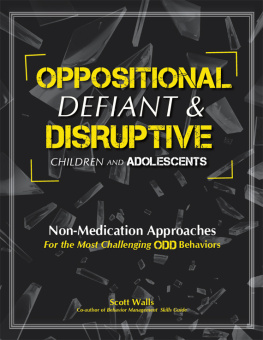
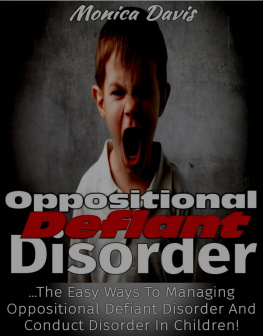

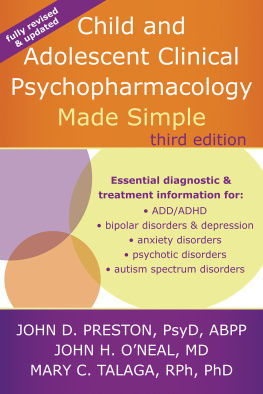
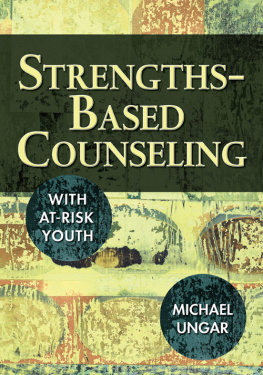
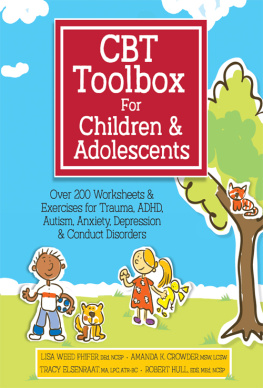
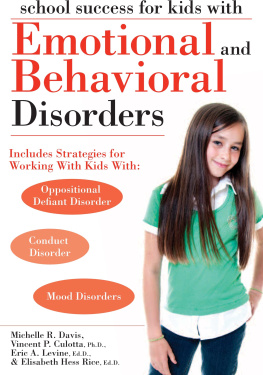
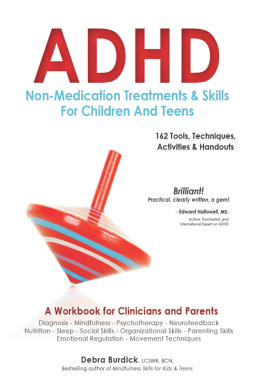
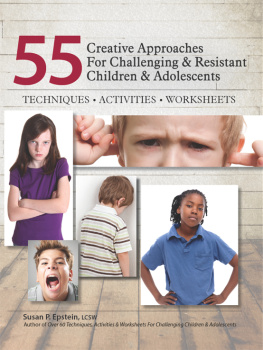

 Child often loses temper/goes into rages
Child often loses temper/goes into rages